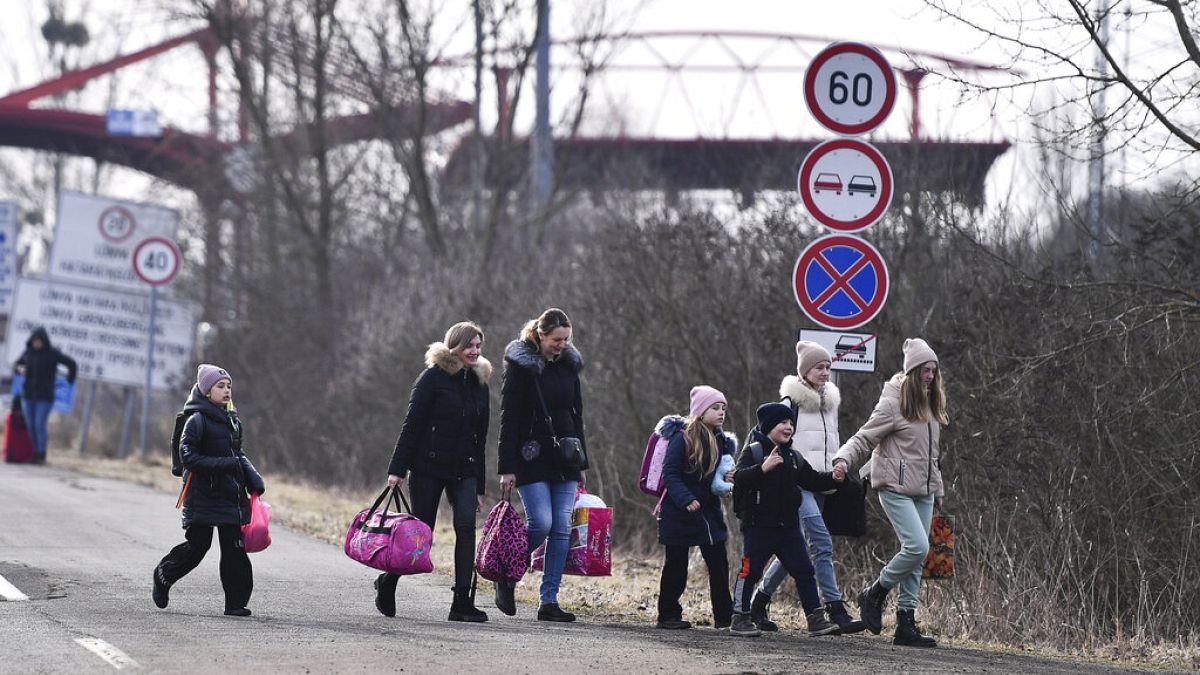Thousands of Ukrainian refugees in Hungary currently face eviction from state-funded accommodation, sparking concerns from human rights activists about potential violations of EU law. A decree issued by the Hungarian government in June has restricted access to free housing to only refugees from specific conflict-affected regions in Ukraine, leaving many displaced individuals without proper shelter. The Hungarian Helsinki Committee estimates that around 3,000 refugees may no longer be eligible for state-funded accommodation, leading to recent evictions of vulnerable families, including children.
This controversial move by the Hungarian government has drawn criticism from human rights groups, with accusations that Hungary is breaching EU laws that require member states to provide accommodation for individuals granted temporary protection. The situation has particularly affected Roma refugees, who make up the majority of displaced persons from the Transcarpathia region. The EU Council invoked the Temporary Protection Directive for Ukrainian refugees in response to the conflict, granting them rights to reside in EU member states and access essential services like healthcare and education.
The European Commission is currently examining complaints filed by NGOs regarding Hungary’s eviction of Ukrainian refugees and potential violations of EU law. The Hungarian Helsinki Committee has raised concerns about the legality of the government’s actions and the lack of response from authorities. The move has left thousands of refugees, who were previously relying on state-funded accommodation, in a precarious situation with limited options for housing. The European Commission’s proposal to extend temporary protection for Ukrainian refugees aims to provide continued support and security for displaced individuals in EU member states until 2026.
The situation in Hungary is part of a larger crisis involving millions of displaced persons from Ukraine across the EU, with countries like Germany, Poland, and Czechia hosting significant numbers of refugees. The EU’s Temporary Protection Directive has been crucial in ensuring the rights and well-being of Ukrainian refugees during a period of conflict and uncertainty. Human rights advocates continue to monitor the situation in Hungary closely, urging authorities to uphold EU laws and provide adequate support for displaced individuals in need.
As the conflict in Ukraine continues, the plight of refugees seeking safety and shelter in neighboring countries remains a pressing issue. The recent evictions in Hungary highlight the challenges faced by displaced persons and the importance of international solidarity in providing assistance to those in need. The role of the EU in supporting Ukrainian refugees through temporary protection measures underscores the importance of ensuring the rights and dignity of all individuals affected by conflict. It is essential for governments to uphold their legal obligations and provide proper support for refugees during times of crisis.










